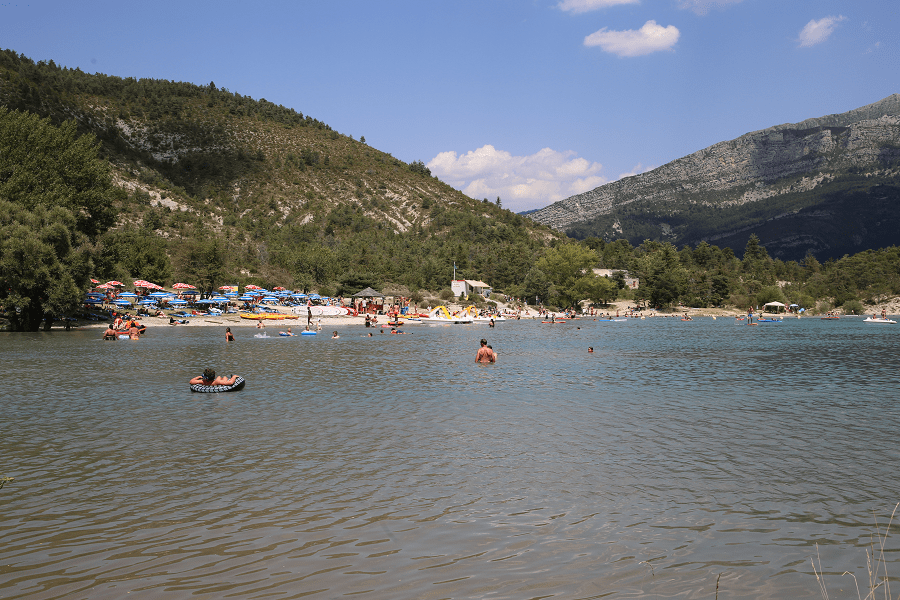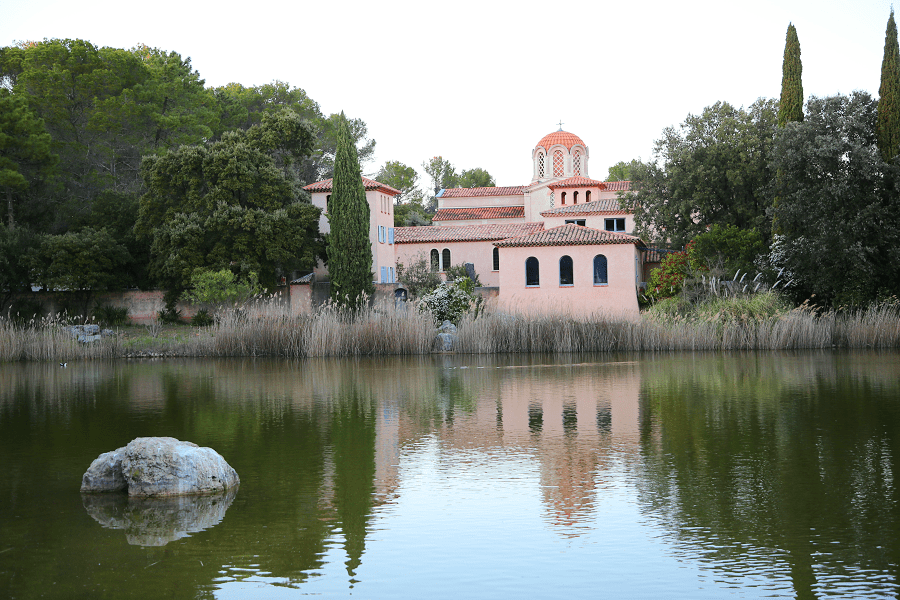The 1st arrondissement is one of the most central districts in the historic heart of Paris (France). It includes one of the oldest districts of the city, the Halles district, which dates from the very beginning of the Middle Ages.
The 1st arrondissement is bordered to the south, beyond the Seine, by the 7th and 6th arrondissements, to the west by the 8th arrondissement, to the north by the 2nd arrondissement and to the east by the 3rd and 4th arrondissements. Located on the right bank, it also includes the western part of the Île de la Cité.
The 1st arrondissement known as the Louvre district was created by the law of June 16, 1859, during the extension of Paris to the Thiers enclosure and gave rise to a new division. Thus, the 1st arrondissement is created from part of the former 1st, 2nd, 3rd, 4th, 5th and 11th arrondissements.
Under the terms of article R. 2512-1 of the general code of local authorities (regulatory part), it also bears the name “arrondissement du Louvre”, but this name is rarely used in everyday life. At the end of the 2020 municipal elections, the district is reunited with the following 3 in the 1st sector, called Paris Center, which takes over all the functions devolved to a district. Only the postal code remains in effect.
It is the least populated of the city’s arrondissements and one of the smallest by area, with a land area of only 1.83 km2 (0.705 sq. miles, or 451 acres). A significant part of the area is occupied by the Louvre Museum and the Tuileries Gardens. The Forum des Halles is the largest shopping mall in Paris. Much of the remainder of the arrondissement is dedicated to business and administration.
Main sights (in alphabetical order)
Avenue de l’Opéra (partial)
Bourse de commerce and its Pinault Collection
Church of Saint-Germain l’Auxerrois
La passerelle Léopold-Sédar-Senghor
Notre-Dame-de-l’Assomption church
Rue de Rivoli (partial)
Rue Saint-Honoré (partial)
Transport
Paris Metro and RER
(M) (1) (Concorde, Tuileries, Palais Royal – Louvre Museum, Louvre – Rivoli and Châtelet).
(M) (4) (Étienne Marcel, Les Halles and Châtelet).
(M) (7) (Pyramids, Palais Royal – Louvre Museum, Pont-Neuf and Châtelet).
(M) (8) (Concorde, Madeleine).
(M) (11) (Châtelet).
(M) (12) (Concorde, Madeleine).
(M) (14) (Madeleine, Pyramides and Châtelet).
(RER) (A) (Châtelet – Les Halles).
(RER) (B) (Châtelet – Les Halles).
(RER) (D) (Châtelet – Les Halles).
Bus
(BUS) RATP 21, 27, 29, 38, 39, 42, 45, 47, 52, 58, 67, 68, 69, 70, 72, 73, 74, 76, 84.
(BUS) RATP 85, 95, 96.
Main facts
Area: 1.83 km2 (0.71 sq mi)
Population (January 2020): 16,030
Density: 8,760/km2 (22,700/sq mi)
INSEE code: 75101
See more:




















